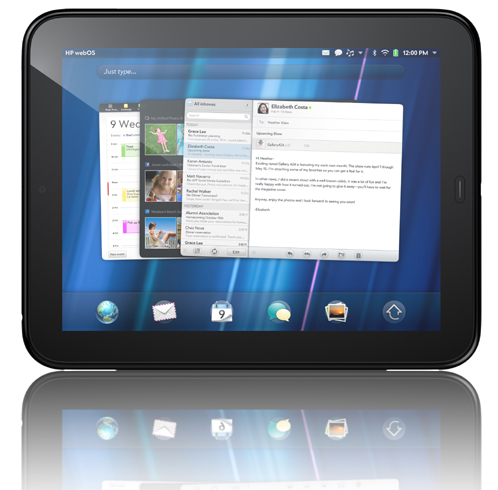This new found popularity combined with a the low power envelope, relatively inexpensive parts (and IP licensing) has made the manufacturers go nuts over these designs and in the chaos multiple versions of the tablet are now available to the consumer. In our last article on this we talked about how this rapid refresh time-line has been hurting consumer acceptance of the “non-Apple” tablet. Now we are looking at another major factor to the issue. The issue is a lack of connectivity.
Now, before you jump to conclusions let me say this; yes all tablets at least have wireless. So you have basic connectivity as long as you are near a hot spot or inside the range of a known (and trusted network) where things fall apart is when you are outside this range. Now I know that there are many tablets that have 3G capabilities (and that the iPad has always had this). I am also aware that you can tether wirelessly with the right phone. However, for the vast majority of tablets this feature is just absent. You also have to take into account that with the exception of AT&T you have to sign a contract for 3G based tablets, or for the mobile hot spots that are becoming popular.
Not many people will want to do this as it ends up being an addition to their bill or they have to sign with another provider. Each of these has its own headache and are sources of concern for many consumers interested in getting a tablet for mobile “computing”.
The shocker here is that this is not a new problem. This whole issue played out in the laptop market about three years ago. Finally, the laptop companies go together with the cellular providers and can now offer mini-PCIe cards based on the wireless service that you currently have. You still end up with a new phone number and monthly bill, but at least you can get the service you want and change when/if you want to.
What is needed in the tablet market is the same type of capability. The option to take your tablet in and have a card installed (the manufacturers will need to put in the door) for the 3 or 4G service of your choosing. From the cellular providers there needs to be a product that allows pay as you go service for data. They are doing it with smart phones now, why not with Tablets. If this was an option the market would begin to boom as the tablet would be seen as a truly mobile device and not something that tethered you to a hot spot (or a contract).
For now though, the data scene for tablets is too lucrative for carriers not to try for the exclusive contracts. This is odd because the one thing they should be learning from the FTC, FCC and DoJ investigations recently is that they have to stop trying to block competition in the market and actually give consumers good options or they will continue to lose consumer trust.
Discuss this in our Forum

 The tablet market has pretty much exploded. It seems that everyone has one or wants to build one. ARM (the company that holds the IP for 99% of the CPU technology that goes into tablets and smart phones) is enjoying a huge success. So much so that now Intel and AMD have set their sights on them, but we will get into that later. ARM’s designs as produced by companies like Samsung, Texas Instrument, nVidia, and many others have improved and are even encroaching on the x86 market.
The tablet market has pretty much exploded. It seems that everyone has one or wants to build one. ARM (the company that holds the IP for 99% of the CPU technology that goes into tablets and smart phones) is enjoying a huge success. So much so that now Intel and AMD have set their sights on them, but we will get into that later. ARM’s designs as produced by companies like Samsung, Texas Instrument, nVidia, and many others have improved and are even encroaching on the x86 market.

